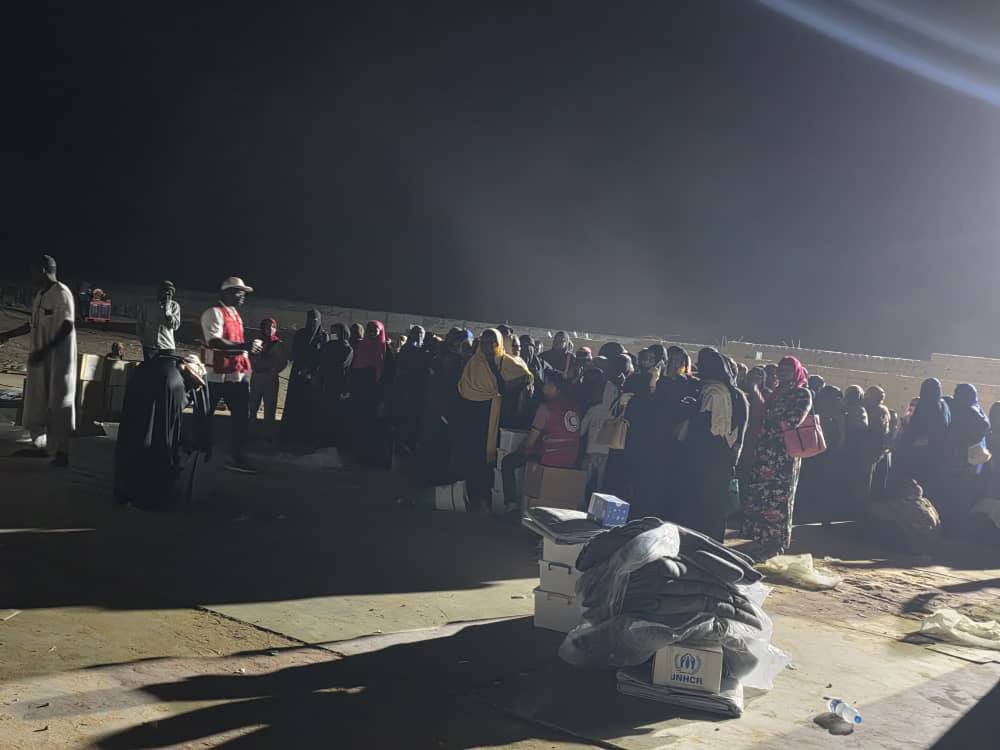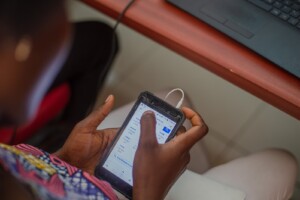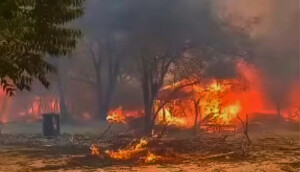Sudanese children on the streets of Tripoli face homelessness and exploitation

Sudanese refugees in Kufra, Libya, fled the ongoing war - July 2025 - (Photo: UNHCR)
Concern is growing over the growing displacement of Sudanese children in the Libyan capital, Tripoli, amid deteriorating living conditions and the increasing number of refugees fleeing the ongoing war in Sudan since April 2023. Hundreds of these children, aged between 5 and 16, face the risk of exploitation and recruitment by human, drug, and organ trafficking networks, amid a lack of adequate legal and social protection.
Social time bomb
Fadwa Seif El Din Awadallah, the women’s secretary of the Sudanese community in western Tripoli and an activist on refugee issues, said that many of these children work in marginal jobs or beg in markets and streets, often accompanied by women in harsh conditions that threaten their lives and futures. Fadwa considered this situation a “social and humanitarian time bomb,” especially given that begging and the exploitation of children are crimes punishable under Libyan law. She emphasised that the Sudanese community, in cooperation with UNICEF and the Sudanese embassy, is making efforts to contain the phenomenon through programs to integrate children without support into stable Sudanese families, who receive monthly financial support from UNICEF, as an urgent measure to reduce homelessness and the likelihood of exploitation.
The education crisis and the increasing educational loss
Regarding education, Fadwa pointed out that Libyan schools had already absorbed a number of Sudanese students at the beginning of the refugee wave. However, the significant increase in the number of refugee students prompted the establishment of alternative Sudanese schools, most notably the “Sudanese-Libyan Brotherhood School,” which was expanded with the establishment of a secondary school, in addition to three schools in the areas of El Karimiyah, El Qarbouli, and Injila.
However, promises by some humanitarian organisations to provide free education have not been fulfilled, forcing school administrations to impose tuition fees ranging from $170 to $180 to cover operational costs. This has resulted in large numbers of children dropping out of the education system and exacerbating the phenomenon of “educational loss” among Sudanese refugees.
Living pressures and loss of skills
Fadwa spoke about the harsh economic conditions that have forced many Sudanese to work in professions that are not suited to their qualifications, given the scarcity of job opportunities and limited resources. A large number of families have been forced to live in overcrowded, camp-like collective housing, which has increased crime rates and legal prosecutions related to residency and irregular work.
She also pointed out that the deterioration of health services and the inability of many families to afford treatment have exacerbated their suffering, amid a near-total absence of free or subsidised medical care.
An invitation to the media and organisations and an incentive for solidarity
Concluding her remarks, Fadwa expressed her regret for the media’s neglect of the Sudanese refugee issue in Libya, saying, “The Sudanese refugee is not a party to the war, and it is their right that their country and the international community pay attention and care.”
She called on Sudanese and Arab media outlets to pay more attention to the plight of refugees, and held organisations that have reneged on their pledges responsible for the worsening crisis.
She appealed to Sudanese families residing in Libya to continue embracing children without support, appreciating the noble humanitarian role taken by some families, and stressing that “these stances will remain engraved in the memory of the Sudanese nation.”











 and then
and then